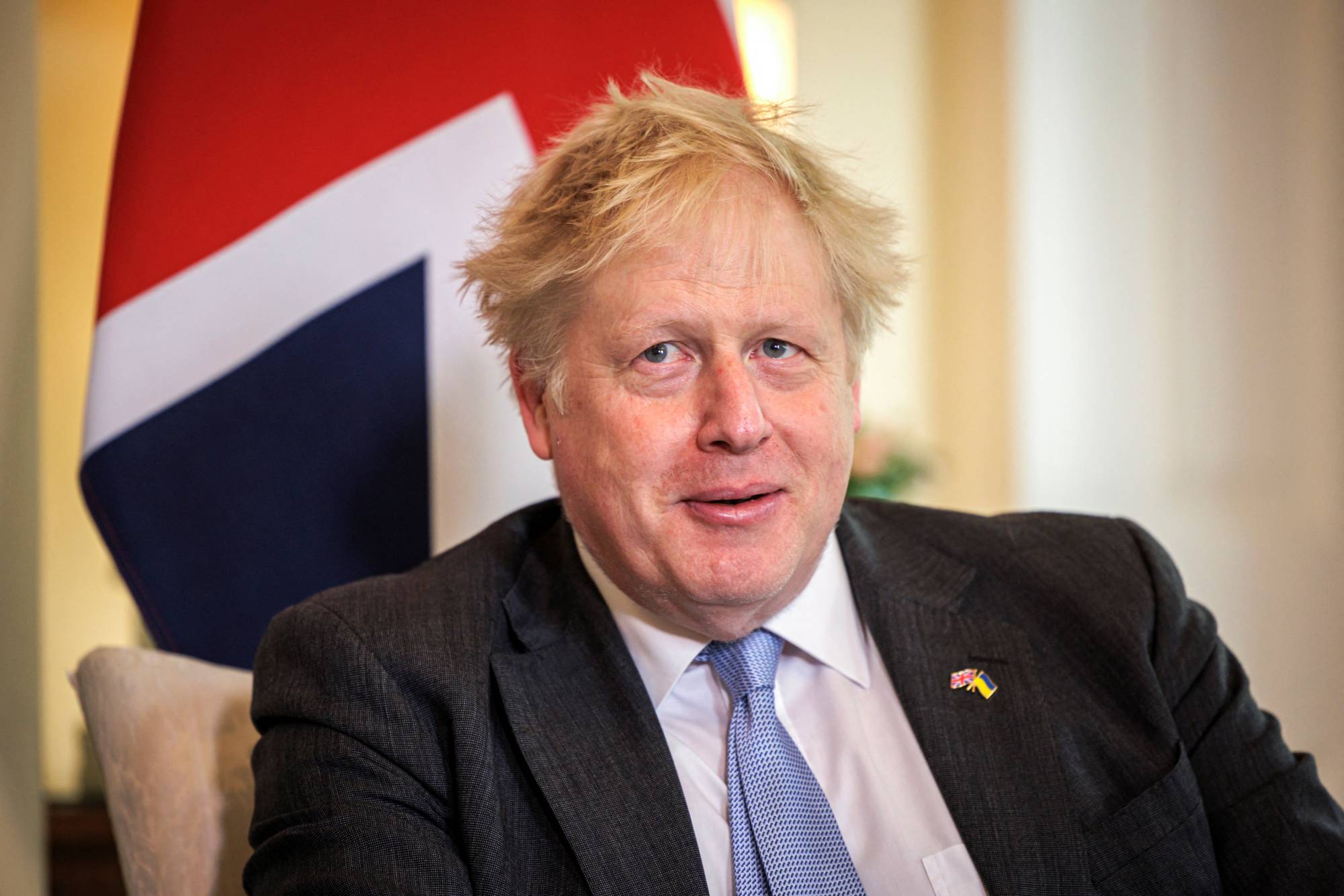While many Britons who backed their country's departure from the European Union still support Prime Minister Boris Johnson for the move, the costs of the separation are adding to economic pressures they’re now facing.
It’s too early to examine the full impact of the deal that set out the new U.K.-EU trade relationship some 16 months ago. But as the forces of globalization begin working in reverse, the U.K.’s trade picture offers a real-world laboratory for the impact of newly erected trade barriers and economic decoupling.
One striking result of the first full-year review of post-Brexit trade, conducted by four researchers from the Center for Economic Performance at the London School of Economics, is the collapse of U.K. imports from the EU, its biggest trade partner, though that share had been declining for years before Brexit. While the U.K.’s trade with the EU and the rest of the world followed largely similar patterns after the referendum in 2016, imports from the EU declined by about a quarter relative to those from outside the EU once the new trade agreement came into effect — and that’s after stripping out goods that would be most impacted by the pandemic.


















With your current subscription plan you can comment on stories. However, before writing your first comment, please create a display name in the Profile section of your subscriber account page.